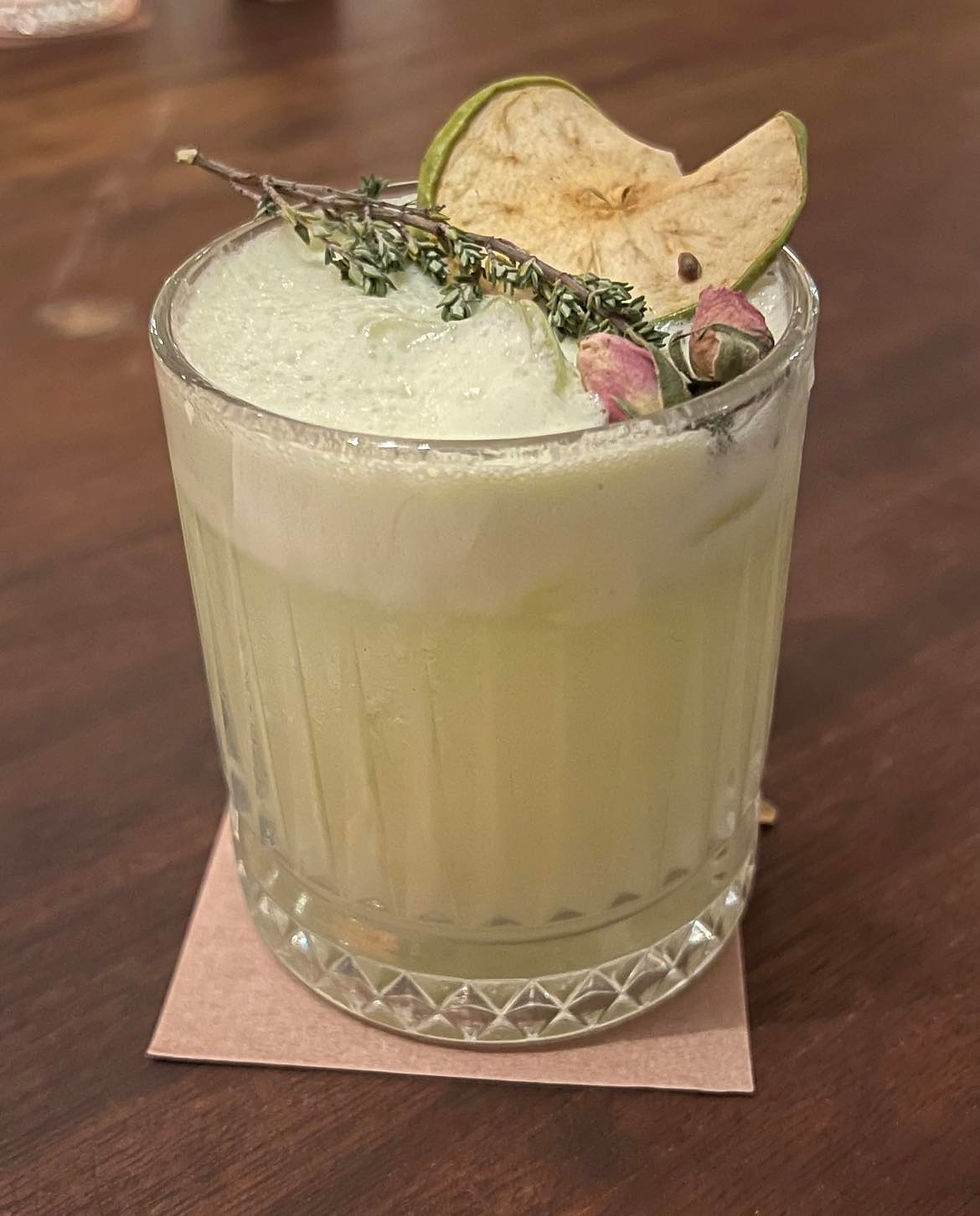Small Steps in Sustainability
- Zoe Cunliffe
- Apr 25, 2023
- 4 min read
Sustainability is a huge focus in businesses and homes, we are all eager to 'do our bit' and at Mixology School, we love discovering new ways in which we can fit this in behind the bar.

As an Industry, it is imperative that we all start to take small steps in ensuring we all play a part in the future of our planet. Some of the quandaries that we face as an industry is the “fresh is best” message we have all been promoting for the last 20 years or so. Fresh lime and lemon juice, passion fruit for our Pornstars, and of course, mint all year round is something we may need to rethink now or in the near future.
So what are the alternatives? At Mixology School we have been exploring some of the options available, and there are now some pretty interesting ideas and products that are floating around. In this blog, we will have a look at a few concepts that we feel can be easily adopted by the home bar enthusiast or bar alike.
The first thing to think about would of course be citrus and its multitude of uses from the zest being used for garnish or the flesh and juice itself. With prices seemingly always on the up, how can we increase the value of the humble lemon or lime? Firstly, we need to rethink how we are going to use the fruit. If juicing is imperative to your bar program then perhaps removing the zest (makes juicing easier) to make Oleo Saccharum and then once juiced use the hulls to make citrus stock. Thus, getting three separate ingredients from one unit.
Making Oleo is easy. The main idea is to add sugar to citrus zest (finely sliced and diced) then leave overnight for the sugar to pull the oils out of the zest or fruit. This concept can be applied to pretty much any fruit to make an oil or sugar syrup.
Oleo Recipe
Zest of 4 lemons sliced and diced with no pith
½ cup sugar
Place into a food-safe container overnight or 24 hours. Strain into food safe container ensuring that you press on the zest to extract as much of the oils as possible. Can be stored for up to 1 week in the fridge
Citrus Stock
Place lemon hulls into boiling water for 20 minutes. Remove the hulls and allow them to cool. Then simply add the required amount of sugar for the sugar syrup you want to make. Additionally, you can add in the Oleo you made above to give your citrus syrup an extra lemony boost.
If this is too much then then we have an easier, ready-made option for you to think about. The best thing about this is you can make crystal clear drinks instead of the slightly opaque-looking drinks you get when you use citrus. The name of this product I hear you ask is. Supasawa. Available online from most of the big companies and for under £10 you get 28 shots (70cl) of the most amazing citrus alternative made from 5 different acids and a pinch of salt. It is 0.0% and can be stored at ambient storage temps. An ideal addition to your bar. Allowing you to make a drink whenever you fancy it, rather than hunting for a lime or lemon in the fridge. Made without a single piece of citrus being harmed, it's made either using cultivated strains of mold to produce the acid or complex chemical reactions, sounds alarming I know but it is considerably better than our habit of importing lemons and limes all year round.

Dehydrating
For a long while now we have been championing our dehydrator. For years we have run events, placing mobile bars into venues and supplying cocktails. Although we try to only send stock for the drinks pre-ordered (this saves of a lot of waste) there is inevitably fruit that comes back. For this, we slice thinly and dehydrate. Thus giving it a much longer shelf life and can be used as a very pretty garnish on our next event, which also helps to keep costs down.
Grow your own.

I know we’ve talked about this before, but it's such an easy way to keep your ingredients fresh, cheap, and with no carbon emissions. We grow our own mint throughout the summer (this is best grown in boxes as it can take over your garden if not used enough). As well as strawberries and raspberries. Rosemary and thyme grow all year round and make for a great garnish as do most herbs.
Edible flowers are a favourite with our students and us. Local to us are marigolds and viola which give an instant hit of colour and are easy to grow in the smallest of places and keep the bees happy. This will change wherever you are in the world. The cocktail in the image here was made in Cyprus, hence the banana leaves. But trying to keep plants native to your area will help attract insects that are beneficial to the rest of your garden, no matter what the size. Just double check they are edible before you start popping them into everyone's drinks!
So just a few little tweaks here and there can make a big difference.
Watch out for our next blog on sustainable spirit brands.




Comments